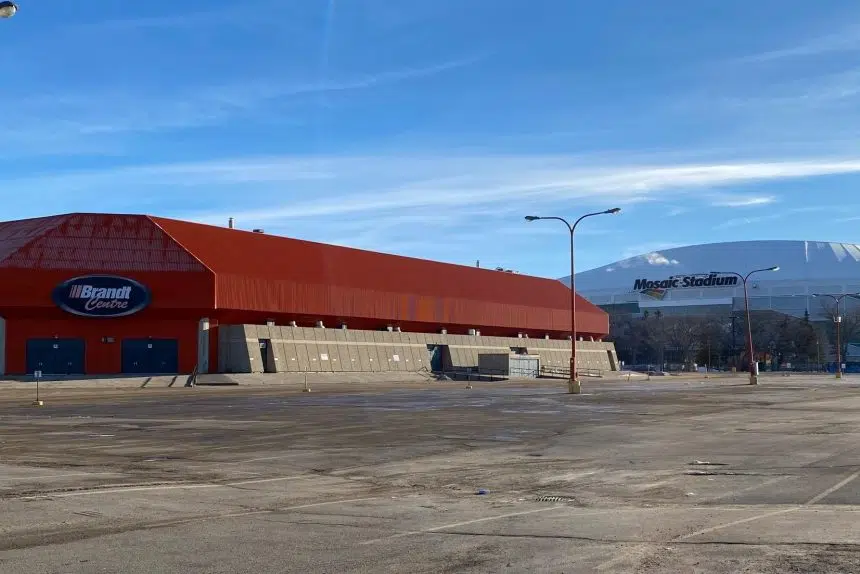Regina Exhibition Association Limited (REAL) is joining a growing list of organizations upset with the government’s decision to expand the Provincial Sales Tax (PST).
Starting Oct. 1, the six per cent PST will be added to purchases like tickets to concerts, Saskatchewan Roughriders games and Regina Pats contests — three things REAL knows all about.
The organization’s president-CEO, Tim Reid, said Thursday he wishes there was some consultations done before the decision to add the PST to entertainment tickets was made.
“From an organizational standpoint, we’re disappointed with not being consulted,” Reid said. “We have had such a fantastic relationship throughout COVID-19 with the province; communication has been so strong.
“This came as a surprise. We also believe an additional tax on an industry that is trying to recover, the timing of that is not opportune. It just feels like one more thing we need to contend with.”
Previously, the government collected PST only on items such as appliances, used cars, children’s clothing, home and auto insurance, restaurant meals, and renovations and repairs.
The change is expected to generate $10.5 million in revenue this year and $21 million annually, according to the government.
“I’m just not sure about pairing an additional tax with the recovery of the live entertainment industry. After everything we’ve been through, I just feel like the timing and the consultation has been not in the right place,” Reid said.
“Part of our hope is that the province does hear some of the concerns and recognizes that this does fundamentally change our industry. It’s not as simple as a six per cent pass through on a consumer tax for a ticket.”
Not only is REAL facing increasing fees, but it is also facing the rising cost of inflation like every other organization.
Reid believes the entertainment industry has a lot of challenges to deal with as it tries to encourage people to go out to events.
“There’s a whole bunch of headwind around recovering this industry, and I think six per cent itself generally wouldn’t be the end of the world,” he said. “Add the fact that almost everybody in this industry has been laid off, add the fact that inflation is affecting the cost of food and beverages (and) add the fact that labour is in a different place than it’s ever been.
“It’s not thousands of dollars, or even tens of thousands of dollars. As a not-for-profit organization, we now need to respond to the potential loss of earnings in the hundreds of thousands of dollars range.”
Reid says REAL reached out to the government after the budget was announced.
He doesn’t think there will be a long-term negative impact on the relationship between parties, but the decision definitely still stung.
“I think it probably gives us an opportunity to understand the co-dependencies between what we do to drive the visitor economy that they depend on and some of the decisions that they make fiscally,” Reid added.
“This is not an insignificant item for a business like ours, and it does change the affordability of our events.”












